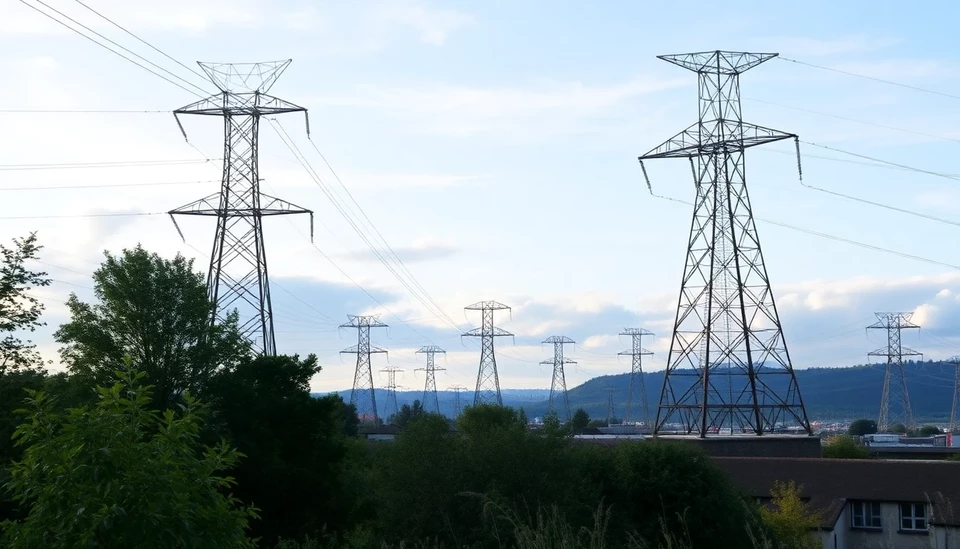
In an unexpected turn of events, UK electricity prices have dropped significantly, reaching their lowest point in 2025. This decrease is primarily attributed to forecasts predicting a series of warmer weather patterns in the coming weeks, leading to reduced demand for heating.
The recent data indicates that power prices have plummeted due to a combination of factors, including milder temperatures that are likely to quell the usual winter demand for electricity. As the country anticipates an increase in warmer days, many households and businesses are expected to turn down their heating, further decreasing the consumption of energy.
Analysts suggest that the anticipated weather conditions have prompted power suppliers to adjust their pricing strategies. The reduction in wholesale electricity prices can also be linked to higher-than-expected wind generation, which has bolstered the energy supply and created downward pressure on prices.
This price decline comes as a relief to many consumers and businesses alike, who have faced soaring energy bills over the past year. The UK market has been grappling with volatile prices, influenced by various factors including geopolitical tensions and supply chain disruptions. However, the current weather forecast appears to have shifted the tide for the foreseeable future.
Market experts are closely monitoring how these trends will unfold. While the immediate outlook seems promising with lower energy costs, they also warn that the situation can quickly change based on the dynamics of energy production and consumer behavior as we move further into the year.
The financial implications of this price drop are significant, particularly for industries heavily reliant on consistent and affordable energy supply. Lower power costs could lead to a boost in operational efficiency and increased profitability for companies that had previously struggled to manage their expenses during the energy crisis.
Additionally, as the UK aims to enhance its energy resilience and diversify its energy sources, this temporary price relief might provide the necessary breathing room for policymakers to consider long-term strategies that can mitigate future price shocks.
In summary, the UK’s electricity market is currently witnessing a significant decrease in prices, attributed largely to forecasts of warmer weather and increased renewable energy generation. While this development is encouraging, stakeholders must remain vigilant as the market continues to evolve.
As the situation unfolds, the public eagerly awaits further updates on energy forecasts and market trends that will inevitably shape the future landscape of energy consumption in the UK.
#UKPower #EnergyPrices #WeatherForecast #RenewableEnergy #EnergyMarket
Author: Samuel Brooks




